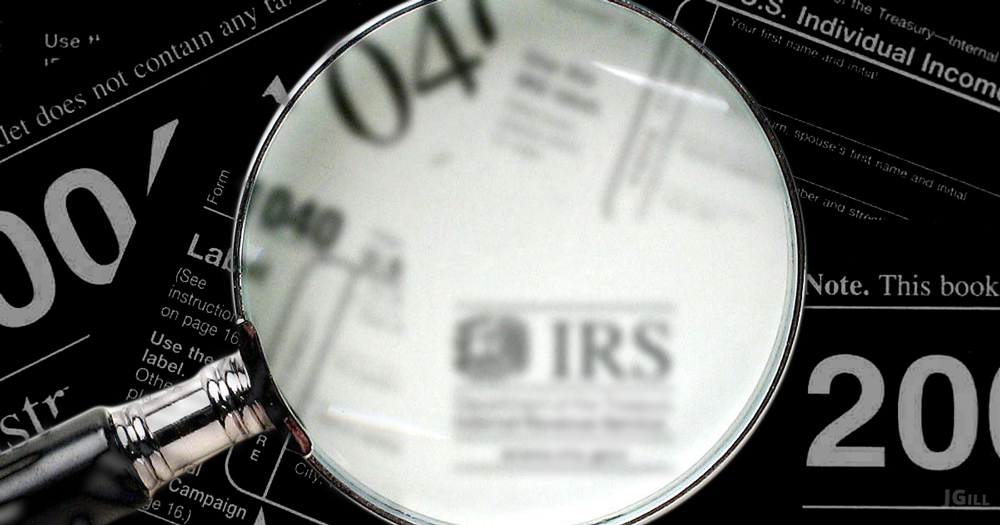The state government of California spends a lot of money. But how much and on what?
That information has, apparently, been a state secret.
Until now.
For years, a watchdog group called OpenTheBooks.com has been working to discover and disclose government spending in the United States. Its efforts were enabled by 2006 legislation sponsored by Senators Tom Coburn and Barack Obama to establish a website, USASpending.gov, that details federal expenditures. Until his death in 2020, Coburn was the honorary chairman of OpenTheBooks.com.
The group reports that in 2021, it filed some 47,000 Freedom of Information Act requests to obtain data on some $12 trillion of government spending. So they’ve been busy.
California is now the fiftieth state whose spending is being made public in detail.
The state had long resisted requests for info about its spending. State controller Betty Yee said that it was impossible to comply with such requests because California has no central database of government payments. Compiling the data would be too darn hard.
The auditors at OpenTheBooks.com performed the chore instead, filing requests for public records with each of 469 state-government entities.
According to founder and CEO Adam Andrzejewski, “It was a historic knockdown, drag-out dogfight that lasted a decade and spanned the last two California controllers. Since 2005, the state invested $1.1 billion in accounting software, yet still couldn’t publish a complete record of state spending.”
Various budgetary items will doubtless prove controversial — now that they are publicly known.
This is Common Sense. I’m Paul Jacob.
Illustration created with DALL-E
—
See all recent commentary
(simplified and organized)



